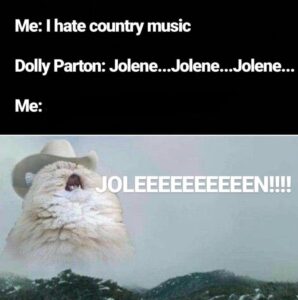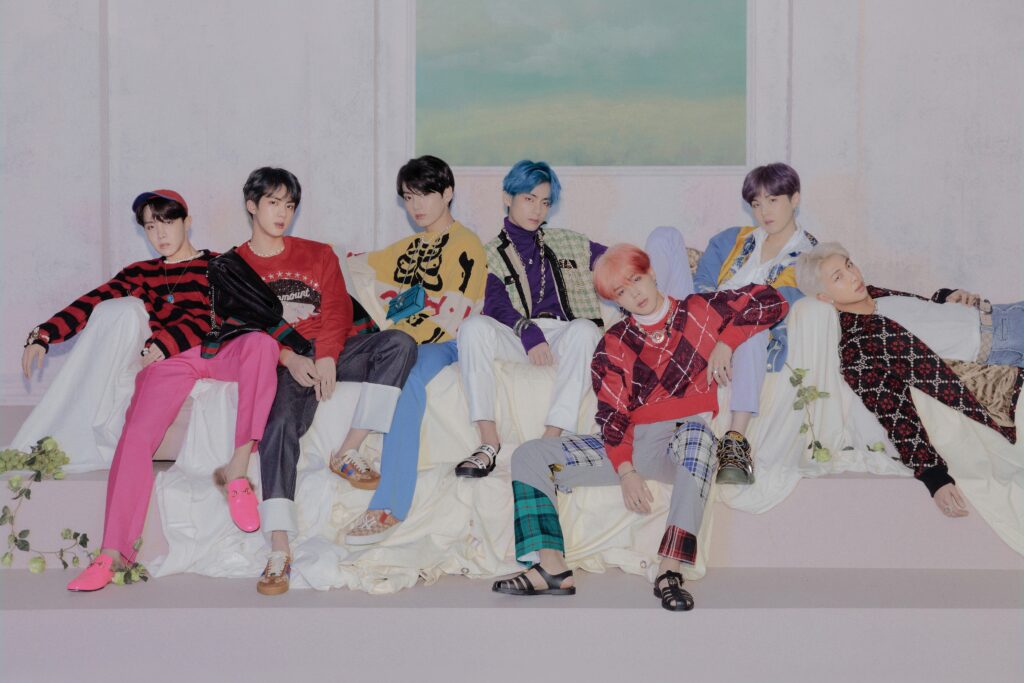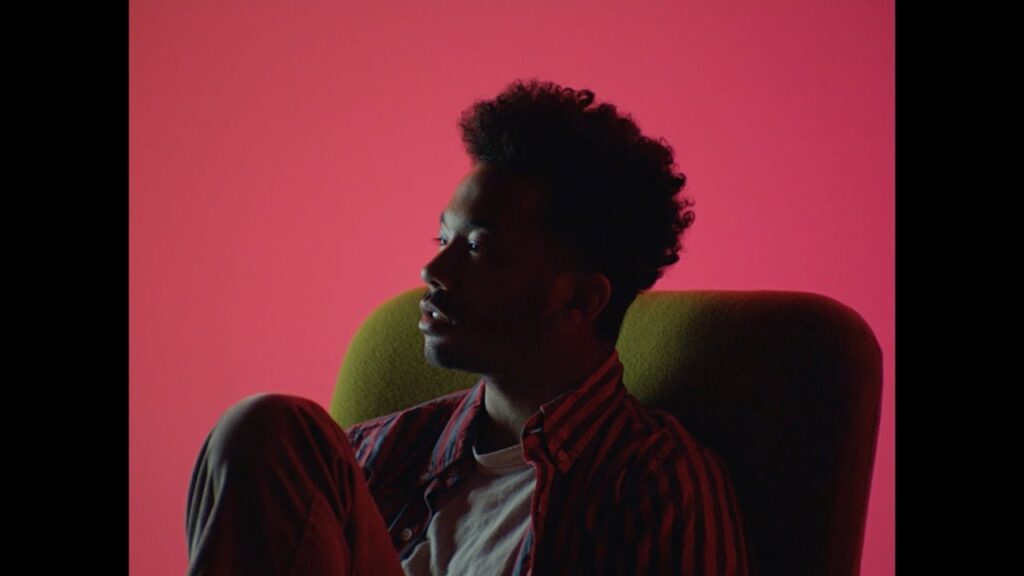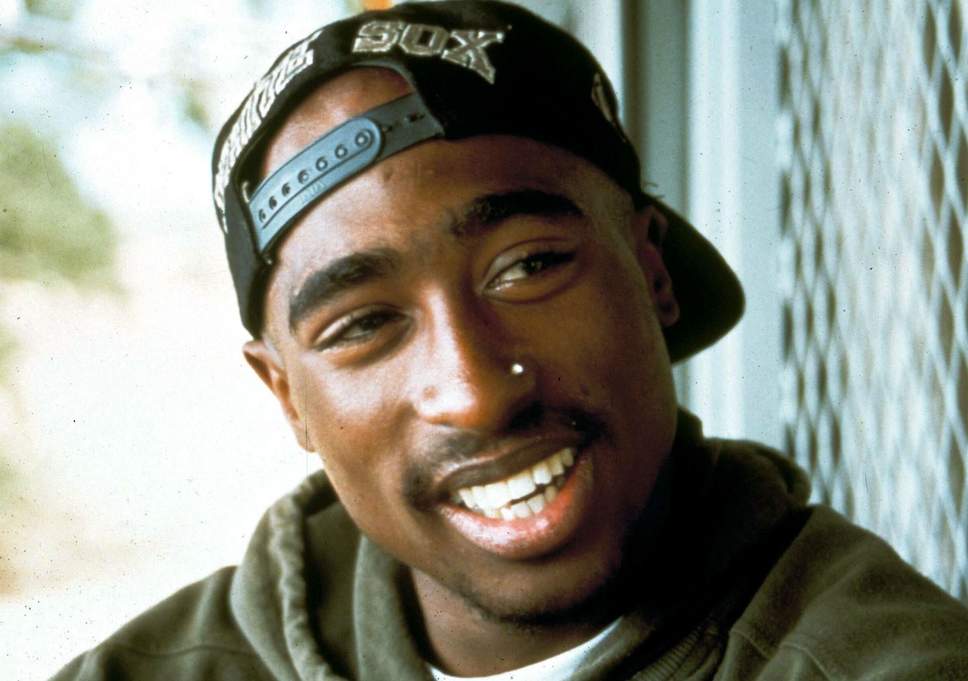Dumplin’ Reminds Us that Dolly Parton is the GOAT
Written by Tiffany Noviski on January 4, 2019
Dumplin’
Dolly Parton inspires and strengthens the characters in the 2018 Netflix movie Dumplin, produced and starred in by Jennifer Aniston. Based off the 2015 novel written by Julie Murphy, the film stormed the internet and social media with body positive and female empowering accolades in under a month with tweets like:
#Dumplin is what happens when women are writers and directors: genuine female experiences are shared.
— muscovitegoil (@muscovitegirl) December 30, 2018
If you haven’t seen #dumplin go and watch it
pic.twitter.com/nFMXWKrPLo
— Francesca (@CheskaLou89) December 30, 2018
Something I’m really enjoying about #Dumplin is that there’s no tired “mean girl” or sabotage trope. @netflix
— Katlyn Cardoso (@_katlyncardoso) January 4, 2019
These messages illuminate the powerful effect and love Dumplin’ distributes (which isn’t limited to women – shout out to the love dedicated to alternative lifestyles also!). This affection though centers around and starbursts through the image, persona, and character of Dolly Parton. Watch the movie to see the mosaic of ways and storylines transmitted through Dolly. A thumbnail of her imprint is seen in this one quote from the movie:
“It wasn’t just the look of Dolly that drew us in. It was the attitude that came with knowing how ridiculous people thought she looked, but never changing a thing because she felt good about herself. To us, she is…invincible.” Julie Murphy, Dumplin’
Most importantly, the film introduces Dolly to a younger, broader audience.
If @netflix has taught me one thing in the last few months it’s that I need more Dolly Parton in my life. #Dumplin
— Stacy Herr (@StacyHerr) January 4, 2019
https://twitter.com/natashadelovely/status/1080317245484453888
The relevant themes, the relatable characters, and brilliant soundtrack draw the audience in and by doing so saturates them in Dolly. Unless the twang of a southern accent or the salty, hot smell of fried bacon permeating your senses induces a flood of heartwarming memories, Dolly represents little to you. Maybe only “Jolene” or Miley Cyrus connect you to the big-busted and even bigger hearted country star. That’s okay, Dumplin’ breaks down those barriers, opens a whole new world to the viewer, and consequently reminds the world that Dolly is the greatest of all time.
The Music
Dolly wrote six new songs for the movie. The soundtrack contains those songs in addition to six other remastered/re-recorded tracks with artists such as Sia, Elle King, Miranda Lambert, Willa Mai, Macy Gray, and Dorothy. Did you catch that? Sia, Elle King, Miranda Lambert, Macy Gray, and Dorothy; the artists range from genres such as pop, soul, country, and rock. Further, each artist is a woman. These features demonstrate Dolly’s influence across genres, across styles, and within feminism. “Dumb Blonde,” originally recorded in 1967 on the debut album Hello, I’m Dolly, is the oldest track on the soundtrack.
When you left you thought I’d sit
An’ you thought I’d wait
An’ you thought I’d cry
You called me a dumb blonde
Ah, but somehow I lived through it
And you know if there’s one thing this blonde has learned
Blondes have more fun
The aforementioned lines from “Dumb Blonde” signal Dolly’s power and relevance in the feminist movement. In a time when a lot of women depended on a man, Dolly said, “Um, no! You thought I’d wait? You thought I’d cry? Psht. You thought wrong.” A tertiary aside, don’t you wonder what came first? Dolly or the phrase, “Blondes have more fun.” Back to the point, in the period of second wave feminism when many women were burning their bras, Dolly was unapologetically teasing her hair (the higher the better), wearing tight fitting clothes, refusing to leave her home looking less than great (which almost certainly included a bra), and living her truth while simultaneously championing the movement in her own way.
What about “Jolene” though?
For many who don’t like or know country music, “Jolene” hits hard and familiar. The effect even made it to meme culture.

Listening closely to the lyrics though, one thinks that Dolly subserves her husband or worse. The song paints a pathetic picture of a woman who thinks, “What if he doesn’t want me?” instead of “What do I want?” At first glimpse, the track cowers in the way of a feminist anthem. Instead though, under closer scrutiny, it lifts up Dolly’s no nonsense, sharp personality for all to see. The name Jolene originates from a young red headed, alabaster skinned fan. The figure represents an overly friendly bank teller from Dolly’s hometown. The story line? Well, “She [the bank teller] got this terrible crush on my husband. And he just loved going to the bank because she paid him so much attention. It was kinda like a running joke between us — when I was saying, ‘Hell, you’re spending a lot of time at the bank. I don’t believe we’ve got that kind of money.’ So it’s really an innocent song all around, but sounds like a dreadful one.”
The account by Dolly from an NPR interview reveals a fun, direct woman who probably whispered to her husband (of now 50 years), “There’s your girlfriend,” each time they encountered the woman who “inspired” “Jolene.” The fact the song transcends generations and inspires off tuned “Jolene, Jolene, Jolene, Joleeeene”’s chants whenever it’s played shows that Dolly is one of the greats. The fact that “Jolene” stemmed from a superficial inside joke, but transformed into a smart, dark, deep, tale of infidelity from the point of view of the main woman directly to the side chick shows that she’s the greatest of all time. Inspiration strikes anyone, but the ability to spin a minute narrative into an iconic, transcendental anthem misses many.
A Little More Dolly
Dumplin’ sprinkles many Dolly Parton quotes throughout its 110 minutes. They’re not merely lines in a movie. Dolly has many tweetable lines from her life. It’s part of what makes her so great. The other part is that some of them come from her mother who told her at a young age, “You wanna say something, just say it.” Her mother birthed 12 children. They bathed in the Pigeon River, lived in a one room shack and filled a bed with three to four children. Dolly didn’t see a flushable toilet until she was eight or nine. Her father couldn’t read and inspired Dolly to start her nonprofit Imagination Library that provides books to low income children. Dolly ascended from humble beginnings to owning Dollywood. Her story is as interesting, complex, and fun as her music. Thank goodness that Dumplin has introduced her to a younger audience to remind us (as she celebrates 50 years of membership in the Grand Ole Opry) that she is the GOAT.





